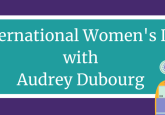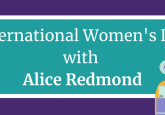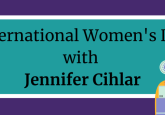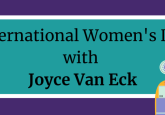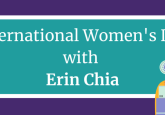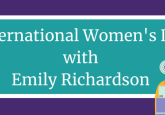A day in the life: Susan Stipa
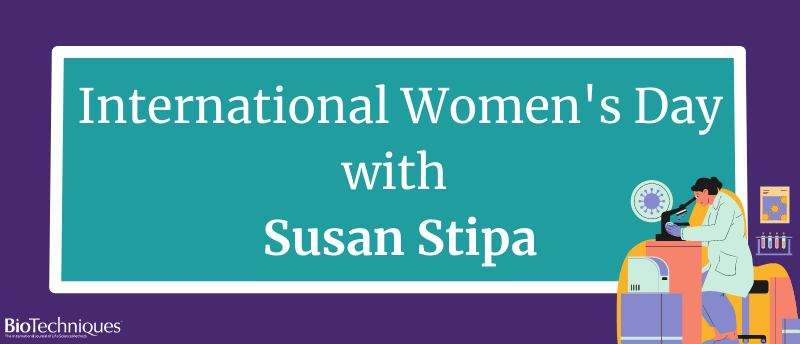
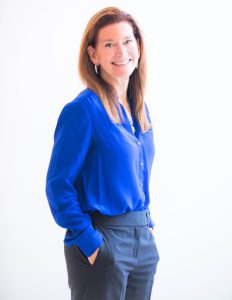 This International Women’s day, we bring you a series of interviews that provide a glimpse into the working lives of women working in the biotechnology industry. Here, Susan Stipa (left), Executive Vice President at CG Life (IL, USA), leads us through her career, her inspiration and reveals the creative opportunities available through a career in STEM public relations (PR).
This International Women’s day, we bring you a series of interviews that provide a glimpse into the working lives of women working in the biotechnology industry. Here, Susan Stipa (left), Executive Vice President at CG Life (IL, USA), leads us through her career, her inspiration and reveals the creative opportunities available through a career in STEM public relations (PR).
Please introduce yourself and your institution
Before I started my PR journey, I was a process chemical engineer for Roche (Basel, Switzerland) and later moved to engineering giant Foster Wheeler (Baar, Switzerland). There I strengthened my relationships inside the pharmaceutical industry and began realizing the communications gap that existed between the industry and those that covered the news.
This gap led me to agency life with McDay (PA, USA), a leading science communications firm that I purchased in 2013. I can proudly say that McDay was awarded the Best Pharmaceutical Communications & PR Agency in 2020 by Biotechnology Awards.
In 2020, McDay was acquired by CG Life, a full-service life science marketing agency. I was asked to take the EVP of Public Relations role and have happily set a challenging vision for our team. We aim to become, not just a conduit for getting messages out into the media, but the go-to resource for life sciences information, for the media.
By moving from engineer to communicator, I have been able to flex (and balance!) different skillsets – analytics and creativity, technical expertise and communication savvy, networking and delivering messaging supported by data.
What does a typical working day look like for you?
As you can imagine, every day at a marketing agency is different. It can vary greatly by day whether my priority is new business development, recruiting, client oversight and handling challenging situations as they arise and implementing tactics toward our vision of being a true resource for the media. We just sent out a Valentine card to our editorial friends, with a link to our smartest scientist clients, for example!
Brainstorming and collaboration are something I always make time for. Having “brainspace” is critical to thinking outside-of-the-box to elevate a client’s narrative and identify new opportunities for the agency.
Who is your biggest role model and why do they inspire you?
My mom. She was of a generation where her brother was sent through to his PhD but she was not allowed to attend college. So, she went back when my youngest sister was in college and got straight As in a mathematics curriculum.
She inspired my creativity by sending me outside to play and bought me paints, sewing supplies and crafting materials for me, while encouraging athletics and insisting on straight As in science and math. Powerful recognition of what a truly well-rounded individual can be, despite being denied some of that story for herself.
What is the best part about your job?
My favorite aspect of my job is translating science for the journalists and editors we work with. To do that you have to learn the science, and trust me, a ChE degree only gets you a few short steps in an industry that is just exploding with innovation! Taking what a client tells us is important. But finding ways to help them simplify it or suggesting a totally different approach to presenting their tried-and-true messaging – that’s key and can be a lot of fun when they see the light and a journalist says yes! That’s the creative part of this role.
And then teaching our staff how to have these discussions with clients, and helping them actually schedule brainspace time in their calendars? That’s the best part of the job.
What is the strangest thing that has happened to you while working?
Apropos for International Women’s Day is the story of a young female process engineer (me!) walking up the stairs in a huge manufacturing facility with open grate staircases, wearing my (1980s) normal skirt/blouse combo – and having one of the operators gently and kindly suggest that trousers would be a more appropriate attire tomorrow. That is a story I tell quite a bit, because the chemical engineering curriculum certainly did not teach those skillsets – and yet, it was just so critical. And I got lucky enough to have a kind operator speak up. These days, would that conversation be easier or more difficult?
If you could give your younger self one piece of advice, what would it be?
Speak up more. Trust your instincts earlier
